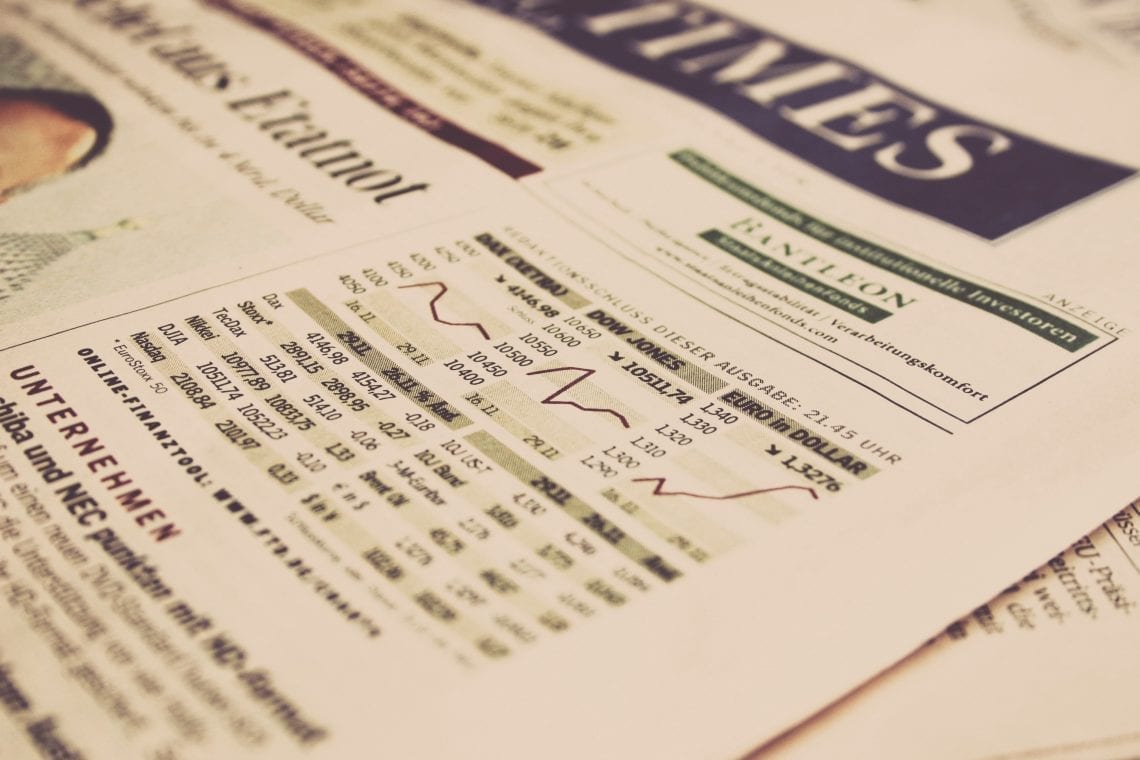
Many taxpayers withhold more from their paychecks and receive a large refund at the end. Even though a big refund puts a smile on many individual’s faces, it’s not a good idea to withhold more. First, you get zero interest on the extra tax money withheld so it’s equivalent to giving a free loan to the IRS. And second, you cannot spend that money or invest it till you get it back from the IRS in the form of a refund.
Instead of paying more to avoid underpayment, try calculating your withholdings accurately using the W-4 Form or the IRS Tax Withholding Estimator. Better still, make your tax money work for you. Before you part with your tax dollars, you can invest what you will owe to the IRS using these 5 investment strategies. U.S. News shares:
“The Treasury’s Inflation Protected Securities
People can buy these bonds, also known as TIPS, directly from the U.S. Treasury and they will earn interest that is paid semi-annually, says Jody D’Agostini, an advisor at AXA Equitable Advisors in the New Jersey area, but it’s also possible to invest in a TIPS exchange-traded fund or mutual fund.
Treasury securities are backed by the U.S. Treasury so they are safe investments, and they generally return between 0.5 percent and 2.5 percent annually, D’Agostini says.
You’ll get almost the same interest rate for a one-month U.S. Treasury note as you do for a five-year U.S. Treasury — currently, 2.45 percent versus 2.53 percent respectively, says Steven Jon Kaplan, CEO at True Contrarian Investments, and you can purchase them either with a brokerage or TreasuryDirect.gov account.
“Exchange-Traded Funds
Some ETFs, such as the First Trust Enhanced Short Maturity ETF (ticker: FTSM), can be used as a cash alternative, Milan says because it can be instantly liquid and doesn’t have a maturity date like a certificate of deposit.
‘The ETF’s goal is to provide current income, consistent with capital preservation and daily liquidity and invests in short duration securities, primarily U.S. denominated, that are investment grade,’ he says. Those include U.S. Treasury notes and short-term, floating-rate corporate bonds, with a yield of about 2.68 percent and an additional 2.07 percent in capital appreciation over the past year.
Municipal Bonds
As certain requirements are met, the income from municipal bonds would be exempt from federal tax, says Mike Savage, CPA and CEO of 1-800Accountant in New York City. Some funds invest primarily in one state’s obligations, so depending on your residence, the income may also be tax-free at the state or local level too, he says.
Municipal bonds are a bit more risky due to the default risk, and if interest rates rise, the value of the bond may decrease, D’Agostini says. If you hold the bond to maturity, you will receive your entire investment plus the interest, so ‘the timeline must match the need for your money,’ she says.
Unless you purchase directly through a broker or dealer, you can purchase shares in a municipal bond mutual fund or ETF. The iShares Short-Term National Muni Bond (SUB) returned 1.57 percent last year and is trading at about $105.59 a share, while the PIMCO Short Term Municipal Bond Act ETF (SMMU) returned 1.38 percent at $49.98 a share.
Certificates of Deposit
As long as the time period for which the CD is in effect ends before April 15, it can work as an option to grow money allocated to paying taxes. Some FDIC-insured CDs have as short as one-month maturities paying about 2.1 percent annually, or 0.175 percent per month, says Daniel Milan, investment advisor representative and managing partner of Cornerstone Financial Services in Birmingham, Michigan.
Online Savings Account
Online savings accounts are more conservative, but can give you higher interest rates than traditional banks. You can often find rates upward of 2 percent annually, and the FDIC backs up to $250,000 in any account, D’Agostini says.
A few to check out include Marcus Savings by Goldman Sachs, Barclays Online Savings, Synchrony Bank High-Yield Savings, and Ally Online Savings.”
Fill out the form for a free and confidential consultation.








